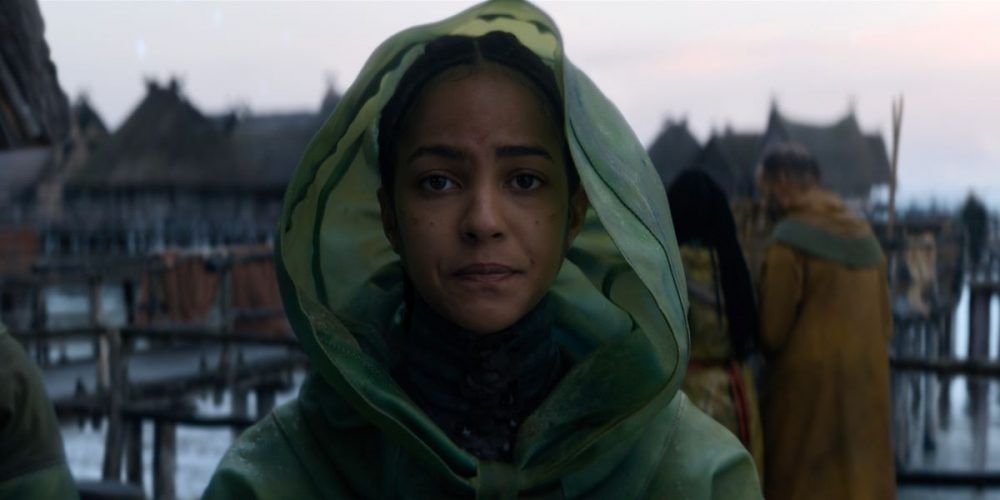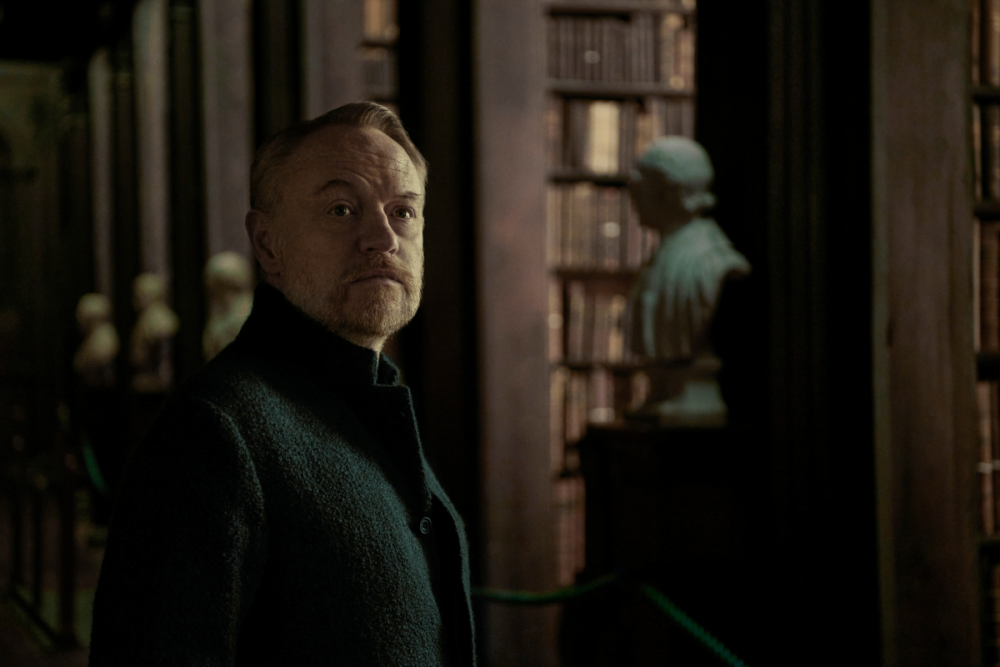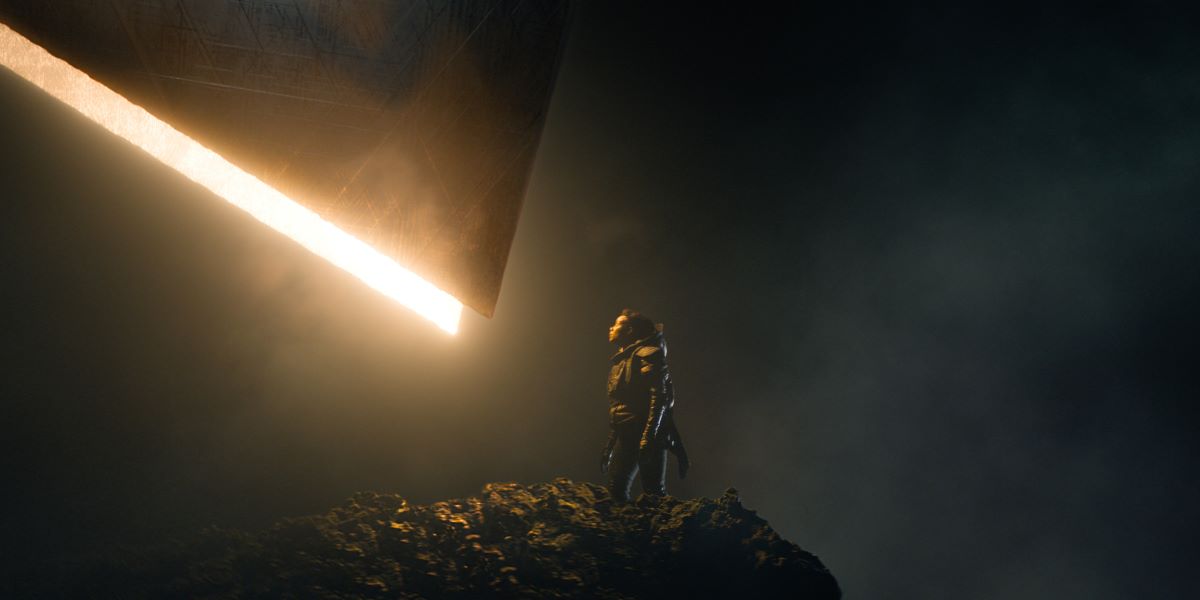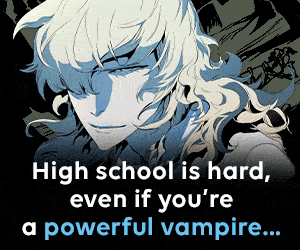At the start of the year, I declared my hope that Foundation would gain a considerable fandom in 2021. And well…maybe that might happen. Foundation is surprisingly good for such an ambitious-in-scope series. For a series that does a pretty significant time jump within its first couple of episodes, has a clone imperial dynasty, jettisons and brings back leads without much care, and takes place across many planets and perhaps, galaxies, Foundation dead to rights shouldn’t work. However, the earnestness of its performances and storytelling, as well as really creative production design save it from being too big.
Part of what makes Foundation almost…charming…is its mix of so many science fiction properties it makes me a little dizzy. A little bit of Star Trek, a hint of Battlestar Galactica, a dash of Westworld, a taste of The Hunger Games, and a whole lot of Star Wars, I’m still not sure how much of Foundation the books actually made it into the series as I haven’t read the original series. And if you’ve never read Isaac Asimov’s books, never fear, because you will be able to follow what happens, I promise.

Credit: Apple TV+
Foundation tells a grand, time-bending tale, but it’s almost told for the lowest common denominator, which is both good and bad. Sometimes heavy-handed narration hands out what the theme of each episode is, but it’s cloaked in mysterious, mythic tones. Foundation feels less like a futuristic tale and more like a myth written in ancient times. The characters can be broadly drawn by the writing, although the actors do make their characters more than that.
Relative newcomer Lou Llobell does a compelling job as Gaal Dornick, who is much more a protagonist than either Jared Harris’s Hari Seldon or Lee Pace’s Brother Day, despite the two of them getting the first two credits, presumably because they’re Jared Harris and Lee Pace. Another relative newcomer Leah Harvey is also good as Salvor Hardin, who, in any earlier time, surely would’ve been played by an edgy young white man.
As for Harris and Pace, they’re as good as they always are, although at times it feels like Pace was asked to play Thranduil all over again, but as the series progresses his character gets deeper. I can only hope, though, that if Foundation gets a second season, Harris is given much more to do. For the “does Jared Harris suffer” fans: yes, yes, he does. But his screentime is far too short for an actor of his stature and for having the first credit for the whole series.

Credit: Apple TV+
I also have to give a shout-out to Laura Birn, who has a difficult task in playing Demerzel, a loyal courtier to the genetic dynasty. I won’t say much more, but her character becomes a welcome surprise in a show full of very unshifting and unyielding characters.
There’s a lot to like in Foundation if you’re okay with some derivativeness in your science fiction. If you’re not and would like your sci-fi wholly original — I got nothing for you, I don’t think that actually exists. Foundation doesn’t feel like it’s hiding televisual and cinematic ancestors, but it doesn’t draw attention to them, either. I would say Apple TV+ has done it again because I think it has. No, Foundation won’t win Emmys, like, say, Ted Lasso, but it will only build the young platform’s cred as a place to watch some good, expensively created TV.













wince If there’s anything Foundation the book series isn’t, it’s highly derivative. I’m still looking forward to the series, but from your review the bits I suspect that you’re noting as derivative are probably the bits that got pasted on by Goyer. I mean, probably they were all added on to make a talky novel more cinematic, but yeah. Still want to watch it, but it’s started to sound like this series is going to be two parts Asimov’s Foundation to one part Random Space Opera Tropes. Part of what makes the original Foundation trilogy so good is how unpredictable and unique the whole thing is as it careens through future history, aside from (SPOILERS!) humanity and our culture not ending up 100% destroyed, shocker.
This is not me doing the “That’s not my Aquaman!!!” hatred of change. By nature, the Foundation novel’s narrative structure has a bunch of gaps that are fine in a book that a visual medium would need to fill in. I have zero objection to the genderswapping, and frankly, I can’t even remember if Asimov even indicated races for any of the characters anyway. Interestingly, in Foundation effectively almost any of the characters could be any race or gender, so this is ideal for an adaptation with an open casting call. I am all for adding texture and filling in gaps. I just was hoping that the added bits would be a little more unique.
Oh well. Still sounds fun, and like enough Foundation dna survives to make it Foundation. Sign me up!
Comments are closed.